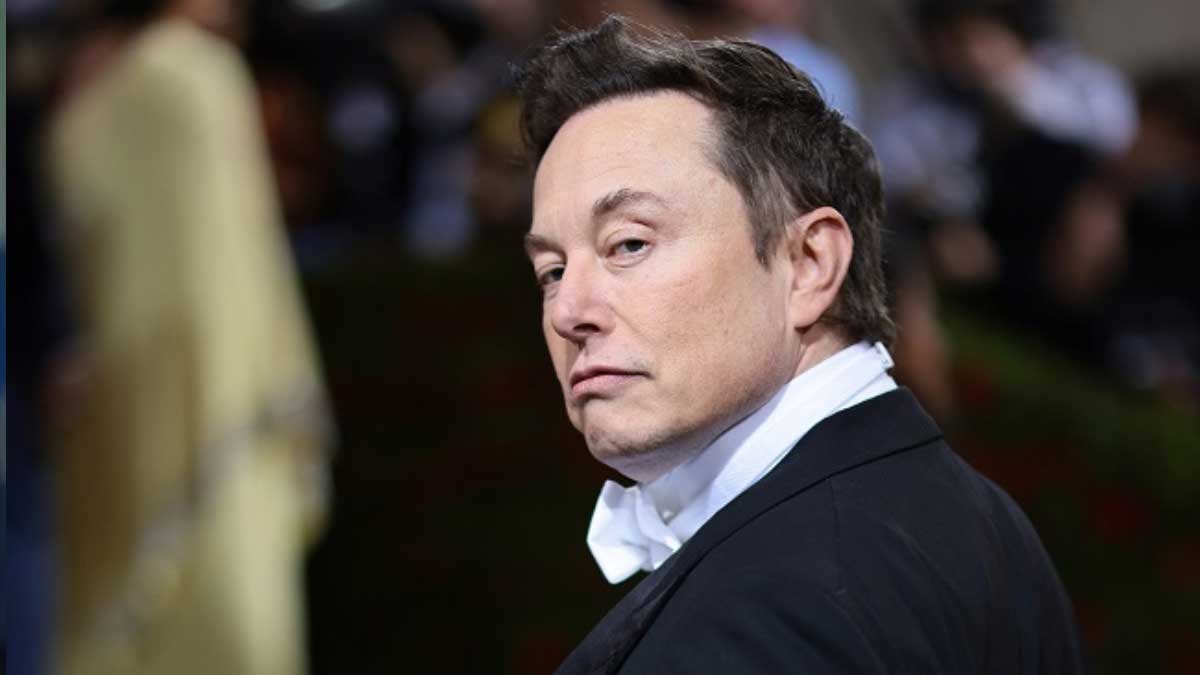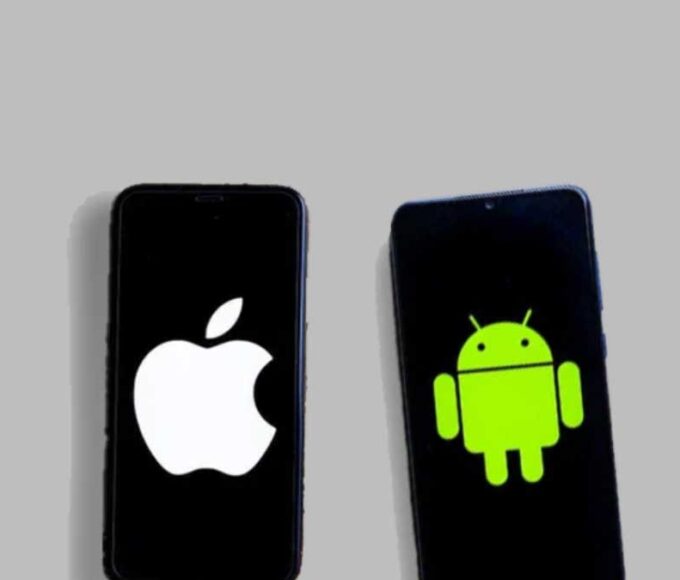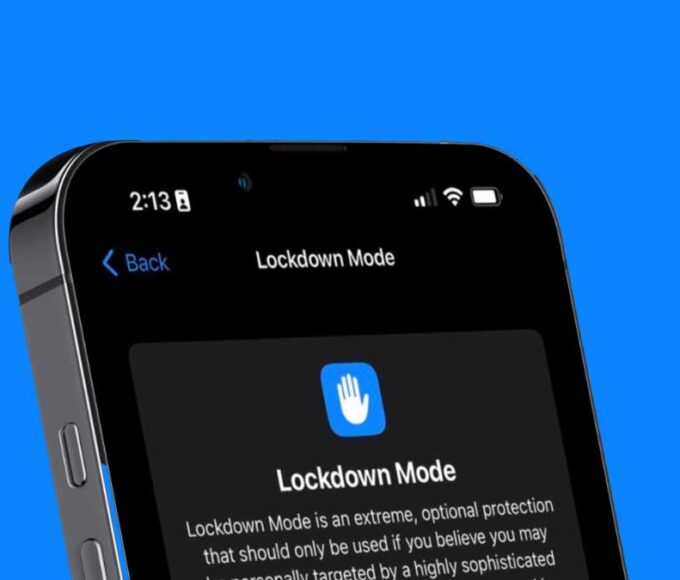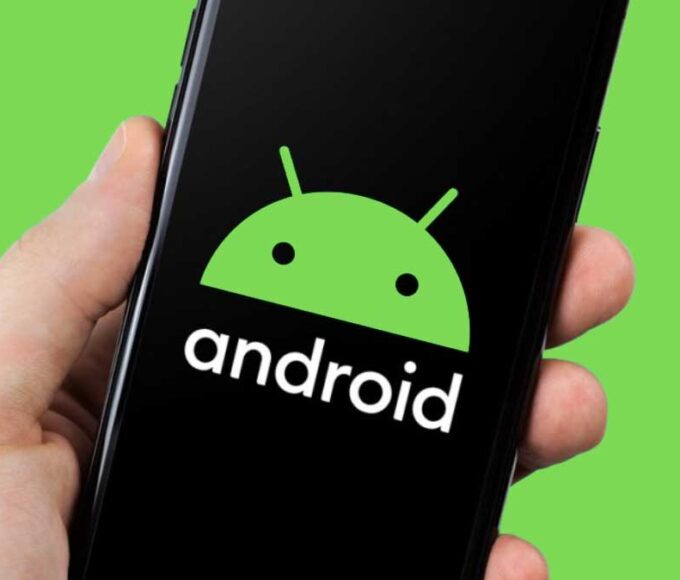- Home
- Billionaires
- Investing Newsletters
- 193CC 1000
- Article Layout 2
- Article Layout 3
- Article Layout 4
- Article Layout 5
- Article Layout 6
- Article Layout 7
- Article Layout 8
- Article Layout 9
- Article Layout 10
- Article Layout 11
- Article Layout 12
- Article Layout 13
- Article Layout 14
- Article Sidebar
- Post Format
- pages
- Archive Layouts
- Post Gallery
- Post Video Background
- Post Review
- Sponsored Post
- Leadership
- Business
- Money
- Small Business
- Innovation
- Shop
Recent Posts
Fact Check: DOJ Never Endorsed Musk’s Energy-Saving Device

It would indeed be a game-changer if the U.S. Department of Justice (DoJ) had officially recognized that Elon Musk had created a device capable of reducing domestic energy consumption by 90%. Such a breakthrough would certainly make headlines. However, recent claims suggesting this acknowledgment are unfounded and misleading.
A viral social media post has sparked considerable excitement, claiming a significant victory for Musk. According to the post, “A major win! The DOJ formally withdrew the accusations against Elon Musk, acknowledging that his electricity-saving device efficiently lowered 90% of power costs.” The message continues with an announcement of a deal to expand factory output and continue selling the device at cost, with deliveries purportedly already in progress.
The post has gained significant traction, amassing over a thousand shares and 14,000 likes. Numerous replies to the post include personal testimonials from individuals who claim to have acquired the device and endorse its effectiveness. Some comments even feature links to review sites where the device can be purchased, such as one purportedly from a company named Pro Power Save. This review site describes the device as a revolutionary tool that “stops unnecessary power from entering the electrical cables in your home and lowers your consumption instantly.”
Despite the hype, there is no basis for these claims. There was never any investigation by the DoJ regarding Musk’s supposed energy-saving device. Additionally, there is no evidence to suggest that such a device exists or could exist. This misinformation is particularly surprising given that the story of this device, under various names, has been circulating for over a year without any substantiation. Musk himself, known for his transparent communication about ambitious projects, has never mentioned such a device.
The viral post relies on doctored images purportedly from Fox News, including a manipulated screenshot of host Sean Hannity promoting the device as an “effective way to save money on your electricity bill” and another suggesting, “Elon Musk’s factory is about to be closed.” These fabricated visuals have contributed to the spread of the false narrative.
One of the more dubious claims suggests that the device was developed in response to the tragic death of a Tesla employee, Dorothy Smith, who allegedly could not afford to keep her home cool. This story claims that Smith’s death motivated Musk to revisit and commercialize a device he had supposedly invented in his youth. However, this narrative lacks credible evidence and appears to be part of the overall scam.
The device, marketed under names like StopWatt, is available for purchase on platforms like Amazon at $29.99. The product description is as convoluted as it is unconvincing, featuring jargon-filled statements about capacitors and safety features: “Release the electricity which it stored by using a system of capacitors in a smoother way to normal without the spikes when it works under the rated load, and the external shell of this electricity energy saver adopts advanced fire-proof and explosion-proof material, and the internal leakage protection measures make it safe and reliable.”
Despite the promotional hype, user reviews are mixed, with the device earning a modest 3.5-star rating. Many reviews express skepticism about its effectiveness, highlighting the device’s lack of proven benefits.
In reality, the Department of Justice is focused on different legal issues concerning Musk’s companies. SpaceX is currently under scrutiny for allegedly discriminatory hiring practices against refugees. Additionally, the DOJ is investigating how X, formerly known as Twitter, has managed user data. These are the actual matters concerning Musk and his ventures, not the fictional energy-saving device.
In summary, the claims that the DOJ has endorsed Musk’s energy-saving device are entirely false. The story appears to be a scam designed to exploit consumers with a non-functional product. As always, it’s important to verify such sensational claims through reliable sources and be wary of offers that seem too good to be true.
Recent Posts
Categories
- 193 Countries Consortium Partner1
- 193cc Digital Assets2
- 5G1
- Aerospace & Defense48
- AI37
- Arts3
- Banking & Insurance11
- Big Data3
- Billionaires1,356
- Boats & Planes1
- Business332
- Careers13
- Cars & Bikes79
- CEO Network1
- CFO Network17
- CHRO Network1
- CIO Network1
- Cloud10
- CMO Network18
- Commercial Real Estate7
- Consultant1
- Consumer Tech194
- CxO1
- Cybersecurity73
- Dining1
- Diversity, Equity & Inclusion4
- Education7
- Energy8
- Enterprise Tech29
- Events11
- Fintech1
- Food & Drink2
- Franchises1
- Freelance1
- Future Of Work2
- Games149
- GIG1
- Healthcare79
- Hollywood & Entertainment203
- Houses1
- India’s 1000 Richest1
- Innovation46
- Investing2
- Investing Newsletters4
- Leadership65
- Lifestyle11
- Manufacturing1
- Markets20
- Media327
- Mobile phone1
- Money13
- Personal Finance2
- Policy569
- Real Estate1
- Research6
- Retail1
- Retirement1
- Small Business1
- SportsMoney42
- Style & Beauty1
- Success Income1
- Taxes2
- Travel10
- Uncategorized13
- Vices1
- Watches & Jewelry2
- world's billionaires1,325
- Worlds Richest Self-Made Women2
Related Articles
Android & iPhone Users Urged to Run Security Checks
With the rise of cyber threats targeting both Android and iPhone users,...
By 193cc Agency CouncilJanuary 1, 2025Apple Warns: Avoid Lockdown Mode on iPhone
Apple’s latest security alert for iPhone users raises important concerns about the...
By 193cc Agency CouncilDecember 31, 2024750 Million Android Users Face Urgent Security Risks
Google has made significant strides in improving Android’s security ecosystem, aiming to...
By 193cc Agency CouncilDecember 31, 2024Surge in Paper Werewolf Cyberattacks on Russian Targets
A troubling rise in espionage-driven attacks using Microsoft Windows Word documents has...
By 193cc Agency CouncilDecember 30, 2024















Leave a comment